Have you ever had that sinking feeling when you think about your hard-earned 401(k) disappearing into thin air?
The sense of security and peace of mind that comes with your retirement savings is truly priceless. It’s your lifeline to those golden years.
But, one common question American workers ask is “Can my 401k disappear?” Learn what happens if your 401(k) disappears and how you can locate a 401(k) if it goes MIA.
Why Did My 401k Disappear?
Your 401(k) might not actually disappear, but it can certainly feel like it.
There are various factors that can make it seem like your 401(k) has pulled a disappearing act or significantly dwindled.
Let’s dig into why this could happen:
Market Fluctuations
One of the biggest reasons for 401(k) panic is the rollercoaster ride of the stock market. Your 401(k) investments go up and down with market trends.
When the stock market takes a hit, it can look like your 401(k) is shrinking on paper. The good news is that these fluctuations are part of the investing game. The market tends to bounce back over time, and so should your 401(k).
So, don’t let short-term market swings derail your long-term retirement plans.
Economic Conditions
The state of the economy can have a big impact on your 401(k). Economic downturns, recessions, and financial crises can lead to lower stock prices, which can, in turn, affect your investments negatively.
It’s nerve-wracking to see your account balance drop but keep in mind that economic cycles are part of the package, and markets have a knack for bouncing back.
Investment Choices
The investment options you pick for your 401(k)can determine the plan’s performance. High-risk investments can lead to more significant fluctuations in your account. On the flip side, conservative investments might grow more slowly but also be less vulnerable to market downturns.
So, it’s a good idea to review your investment choices regularly to ensure they align with your risk tolerance, financial goals, and the time you have until retirement. Diversifying your portfolio with a mix of assets can also help cushion the impact of market swings.
Withdrawals and Contributions
The amount of money you take out or put into your 401(k) plays a significant role in your account balance.
Frequent withdrawals, especially if you’re below the retirement age, can deplete your savings and give the illusion that your 401(k) is disappearing. On the other hand, consistent contributions can help boost your account’s value over time.
Market Timing
Trying to time the market by buying and selling investments based on short-term trends can also make your 401(k) appear to vanish.
Market timing is a risky game, and predicting market movements is a tough nut to crack. It’s usually wise to take a long-term, buy-and-hold approach to investing rather than attempting to outsmart the market.
What Are the Rules That Apply to Your 401(k) Balance?
A few rules govern your 401(k) account, and they can impact your balance. There are restrictions on withdrawals, tax implications, and early withdrawal penalties that you need to be aware of. To safeguard your retirement nest egg, it’s crucial to understand these rules.
Ideally, you should only dip into your 401(k) when it’s absolutely necessary. However, in times of financial urgency, you might consider filing for a hardship withdrawal if you qualify. This could help you avoid penalties.
Keep in mind that some 401(k) plans have specific rules, so it’s a good idea to check with your plan administrator for any unique regulations that may apply to your plan.
What Happens to Your 401(k) When You Change Employers?
Changing jobs is a natural part of career growth. So, what’s the deal with your 401(k) when you switch employers? The good news is, that your money doesn’t just vanish into the abyss.
You’ve got options:
Roll it over
You can transfer your 401(k) into your new employer’s 401(k) plan, or you can move it into an Individual Retirement Account (IRA).
Leave 401(k) behind
Alternatively, some employers might let you leave it in your old plan if they allow it. The key is to explore all these options before even thinking about cashing out your 401(k).
Withdraw your money
If you decide to withdraw your funds, be ready for taxes and penalties, plus you’ll set your retirement plan back.
How to Find a Lost 401(k)
It’s easy to lose track of old 401(k)s. Whether you’ve changed jobs, moved to a new state, got deported to your home country, or simply forgotten about an old account, there are ways to track down those lost funds.
Here’s a step-by-step guide on how to find a lost 401(k):
Contact Your Former Employer
Start by reaching out to your previous employers. Get in touch with the HR or benefits department and provide your details, including your full name, Social Security number, and the dates you worked for the company. They should be able to point you to the 401(k) plan administrator or provide information about your account’s status.
Check Old Statements and Paperwork
If you’ve kept records of your old 401(k) statements and paperwork, they can be a treasure trove of information. Look for old statements, letters, or any documentation related to your retirement plan. These documents often include contact information for the plan administrator, which can be your next lead in the search.
Use the National Registry
The National Registry of Unclaimed Retirement Benefits is a handy database designed to help individuals find lost retirement accounts, including 401(k)s. You can visit their website or call their toll-free number to search for any unclaimed funds in your name. Be prepared to provide your Social Security number and other identifying information to guide their search.
Check with the U.S. Department of Labor
The U.S. Department of Labor provides resources to assist workers in finding lost retirement accounts. Their website offers valuable information, including the contact details of companies that went through mergers or acquisitions. This can help you trace your old 401(k) account.
Utilize Online Databases
There are online databases and tools that can help you locate lost 401(k)s. Some financial websites offer search services where you input your personal information, and they search their database for any matching accounts.
Websites like the National Association of Unclaimed Property Administrators (NAUPA) can be useful for finding unclaimed assets you may have.
Consider Professional Search Services
If you’re short on time or simply want a more straightforward approach, consider hiring a professional search service like Beagle 401(k). These companies specialize in locating lost assets, including 401(k)s.
They have access to extensive databases and resources, which can expedite the process. While they do charge for their services, you’re almost guaranteed to retrieve your 401(k) without much hassle.
Consolidate Your Found 401(k)s
Once you’ve successfully tracked down your lost 401(k), think about consolidating it into your current retirement plan if it allows it. This simplifies your financial management and makes it easier to keep track of your retirement savings.
Alternatively, you can roll it over into an Individual Retirement Account (IRA) to retain control over your investments.
Conclusion
Your 401(k) may not have vanished; it’s patiently waiting to serve its purpose in your golden years. Market fluctuations and the rules surrounding 401(k) plans can make it seem like your savings are vanishing, but with the right knowledge and careful planning, you can ensure your retirement funds remain safe and sound.
If you’ve lost track of an old 401(k), it might take some time and effort, but the search can ensure that your hard-earned money is working to secure your retirement. So, make it a habit to regularly review your account and keep all related records safe.


